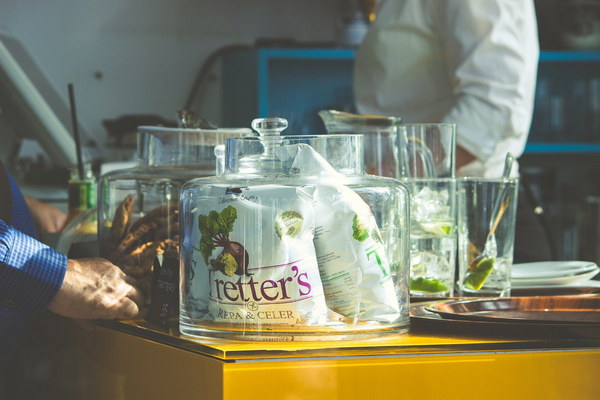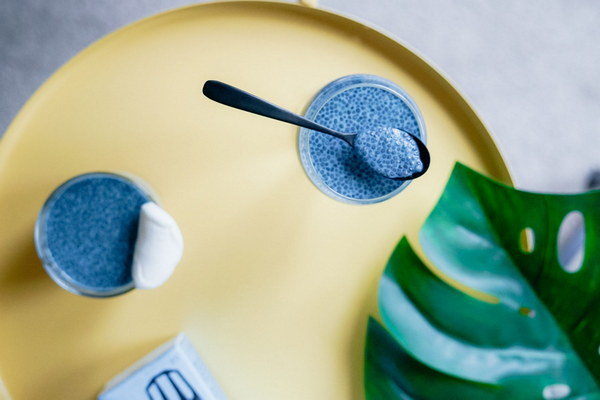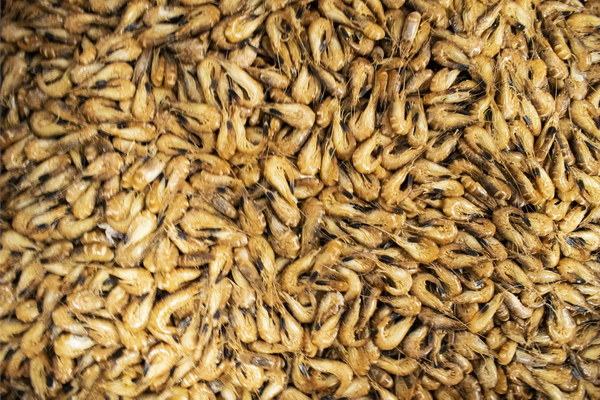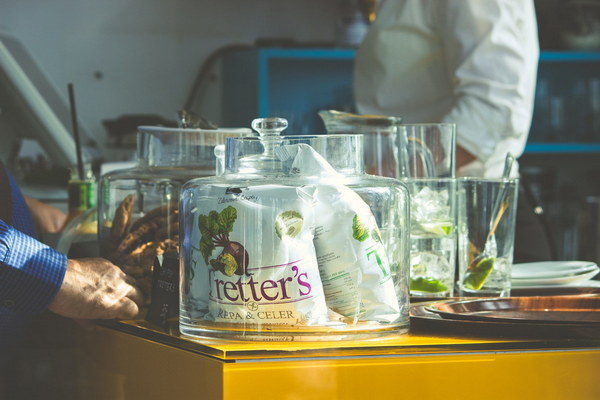Nature's Remedy How Diarrhea Can Act as a Natural Detoxifier with Chinese Herbs
In the realm of traditional Chinese medicine (TCM), there exists a fascinating theory that diarrhea can be a natural way to expel dampness from the body. Dampness, in TCM, refers to an excess of dampness or moisture within the body, which can lead to various health issues, including digestive problems. This article explores how diarrhea can serve as a natural detoxifier and the Chinese herbs that can help alleviate dampness.
Understanding Dampness in TCM
In TCM, dampness is considered an internal pathogen that can disrupt the body's balance and lead to various health conditions. It is believed to arise from an imbalance in the spleen and kidney functions, which are responsible for maintaining the body's fluid balance. When these organs are not functioning properly, dampness can accumulate in the body, causing symptoms such as fatigue, digestive issues, and joint pain.
The Role of Diarrhea as a Detoxifier
In TCM, diarrhea is seen as a way for the body to expel excess dampness. When dampness accumulates in the digestive system, it can lead to symptoms such as bloating, constipation, and diarrhea. By experiencing diarrhea, the body is essentially trying to remove the excess dampness, thereby restoring balance and promoting healing.
Chinese Herbs for Alleviating Dampness
There are several Chinese herbs that are commonly used to alleviate dampness and promote digestion. Some of the most effective herbs include:
1. Atractylodes macrocephala (Cang Zhu): This herb is considered a quintessential dampness-relieving herb in TCM. It helps to dry dampness in the body and improve digestion. Atractylodes macrocephala can be taken in the form of tea or as a supplement.
2. Poria cocos (Fu Ling): Poria cocos is another essential herb for dampness relief. It helps to drain dampness and improve fluid metabolism. It is often used in combination with other herbs to enhance their effectiveness.
3. Alisma orientale (Ze Xie): Alisma orientale is known for its diuretic and anti-inflammatory properties. It helps to eliminate dampness and relieve swelling, making it beneficial for those with dampness-related conditions such as edema and joint pain.
4. Coix seed (Yi Yi Ren): Coix seed is a versatile herb that helps to drain dampness, improve digestion, and boost energy levels. It is often used in combination with other herbs to treat a variety of dampness-related symptoms.
5. Curcuma longa (Zhi Zhu): Zhi Zhu is a type of turmeric that is commonly used in TCM to alleviate dampness. It helps to improve digestion, relieve bloating, and promote overall health.
Using Chinese Herbs Safely

While Chinese herbs can be effective in alleviating dampness and promoting digestion, it is essential to use them safely and under the guidance of a qualified TCM practitioner. Some herbs may have side effects or interact with other medications, so it is crucial to consult a professional before starting any herbal treatment.
In conclusion, traditional Chinese medicine offers a unique perspective on the role of diarrhea in expelling dampness from the body. By incorporating Chinese herbs such as Atractylodes macrocephala, Poria cocos, Alisma orientale, Coix seed, and Curcuma longa, individuals can effectively alleviate dampness and improve their overall health. However, it is important to seek professional advice to ensure safe and effective herbal treatment.









